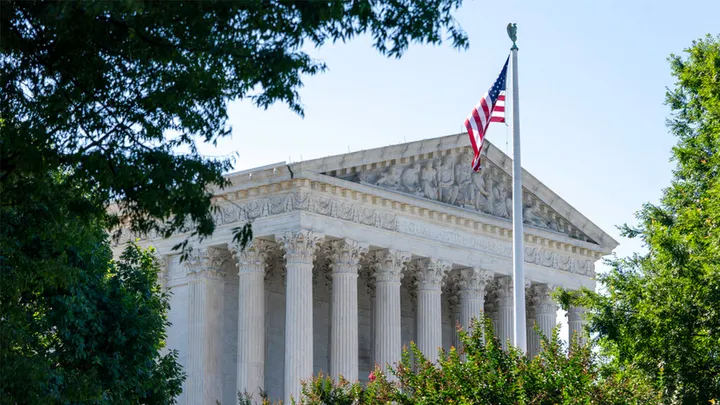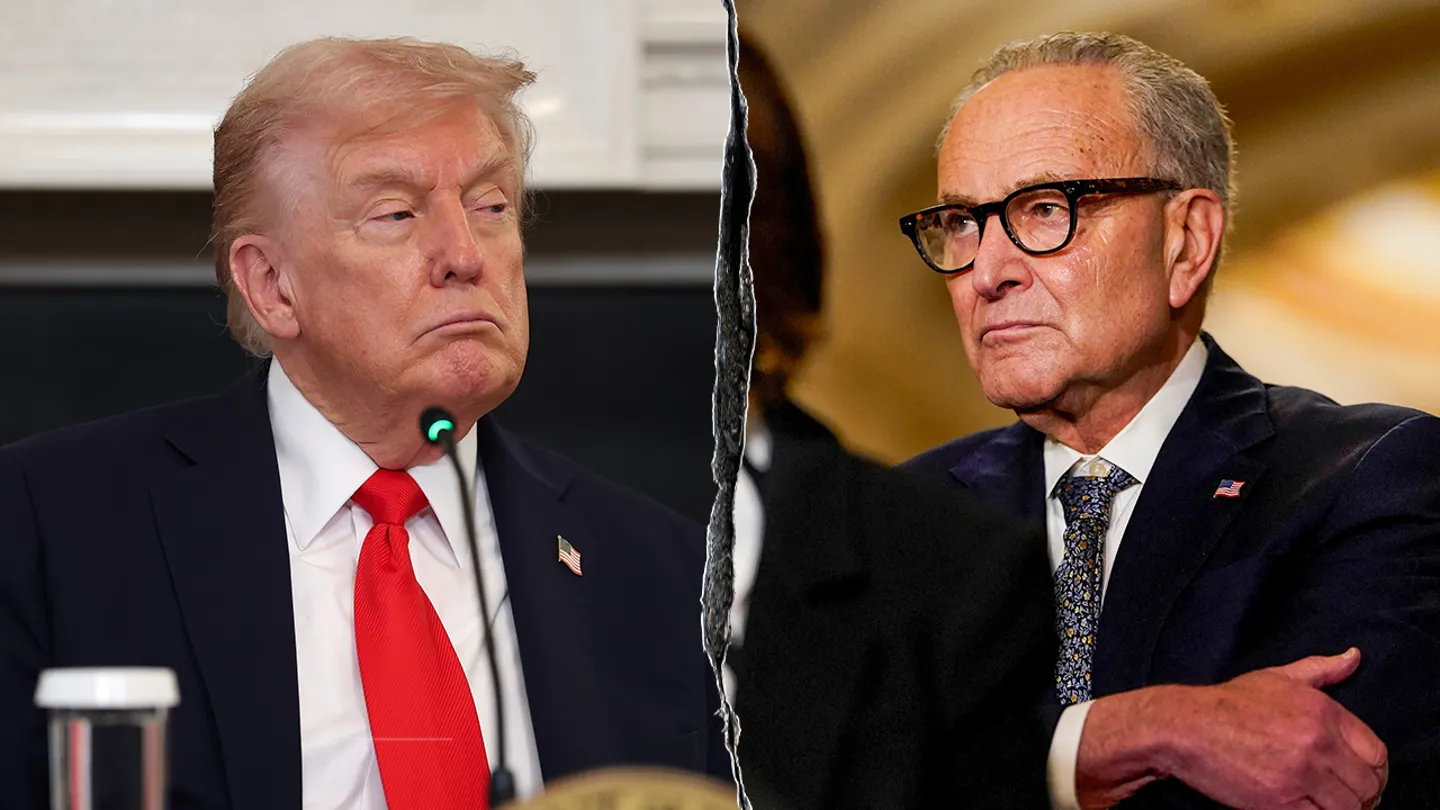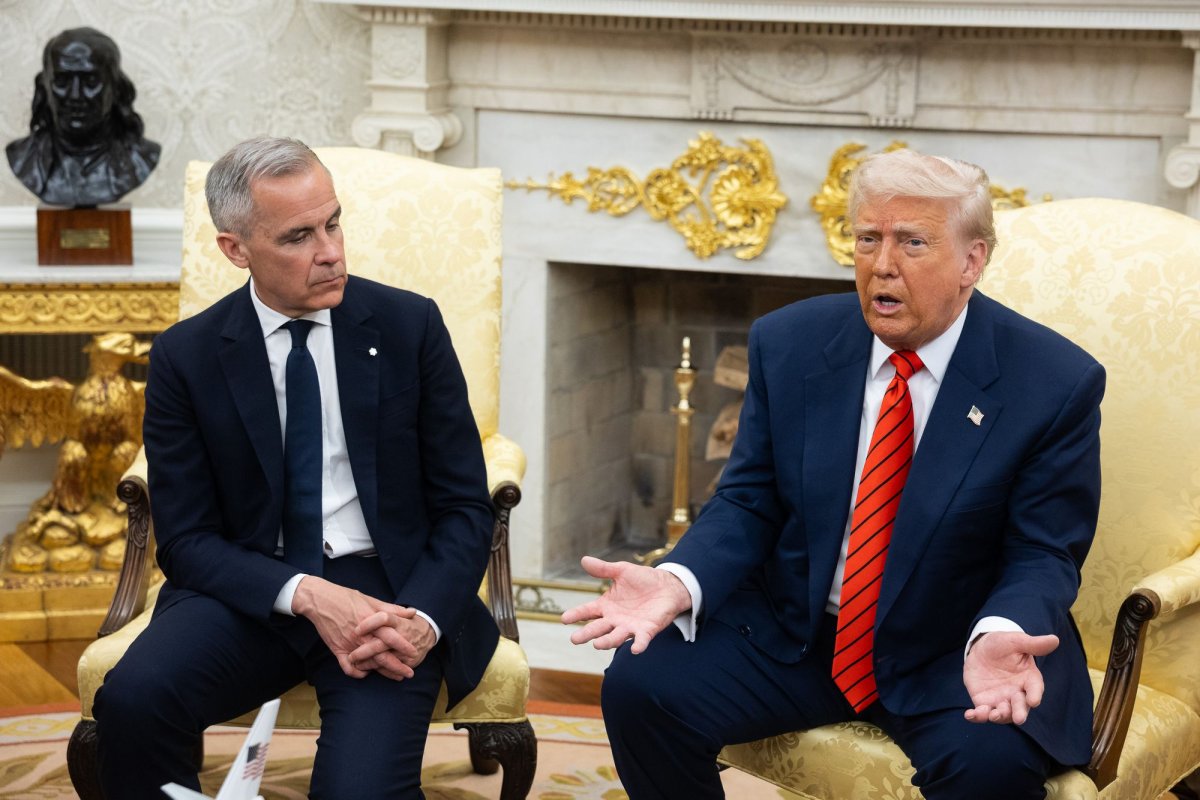The Supreme Court has agreed to review a court-ordered ban on certain communications between the Biden administration and Big Tech platforms after lower courts said government officials coordinated with the companies to censor speech.
The order stems from a lawsuit brought by state attorneys general from Missouri and Louisiana that accused high-ranking government officials of working with giant social media companies “under the guise of combating misinformation” that ultimately led to censoring speech on topics that included Hunter Biden’s laptop, COVID-19 origins and the efficacy of face masks.
Missouri Attorney General Andrew Bailey says the high court’s review could signal the justices “acknowledge that these are the worst First Amendment violations in this nation’s history and that this issue has to be addressed, and it has to be addressed by the highest court in the land.”
The Republican AG says his goal is a “permanent wall of separation between tech and state to preserve our right to free speech.” He says that after reviewing 20,000 documents and conducting dozens of depositions, the attorneys general have only “scratched the surface” of rooting out what he calls a “vast censorship enterprise.”
The Fifth Circuit Court of Appeals earlier this year imposed a temporary injunction on the Biden administration after finding the government “likely violate[d] the Free Speech Clause” by pushing social media platforms to censor content.
“[W]e need to build a wall of separation between tech and state, and a nationwide preliminary injunction is the first brick in that wall.”
Earlier this month, the court said the Cybersecurity and Infrastructure Security Agency (CISA) within the Department of Homeland Security “used its frequent interactions with social-media platforms to push them to adopt more restrictive policies on censoring election-related speech.”
The injunction severely limits the communication between the feds and Big Tech. The Justice Department appealed the injunction to the high court, arguing that the government faced “irreparable harm” because the order “may prevent the federal government from “working with social media companies on initiatives to prevent grave harm to the American people and our democratic processes.”
The Supreme Court on Tuesday agreed to hear arguments from both sides on whether the injunction should stay in place while the lower courts decide the case based on the merits. And a majority of the justices said the injunction should be temporarily lifted until they can hear the case.
But justices Clarence Thomas, Samuel Alito and Neil Gorsuch said the injunction should have stayed in place, which Bailey says signals that the “court understands the grave importance of the issues in this case.”
“We feel strongly that the injunction needs to go into a place I’ve advocated, since the onset of this case, that we need to build a wall of separation between tech and state, and a nationwide preliminary injunction is the first brick in that wall,” Bailey said in an interview with Fox News Digital.
Bailey also contends that DOJ’s argument that an injunction would have a “chilling effect” is “dripping with irony.”




